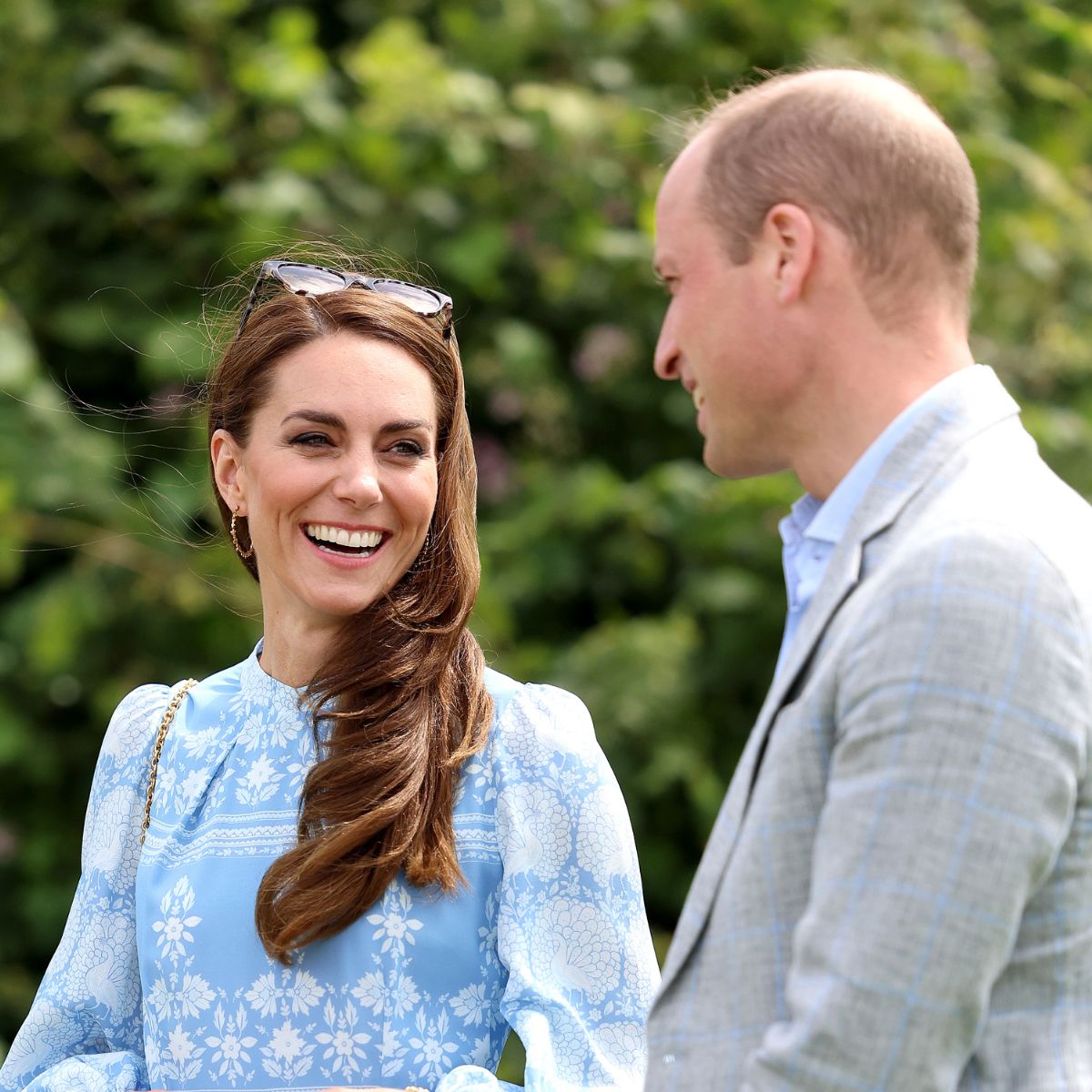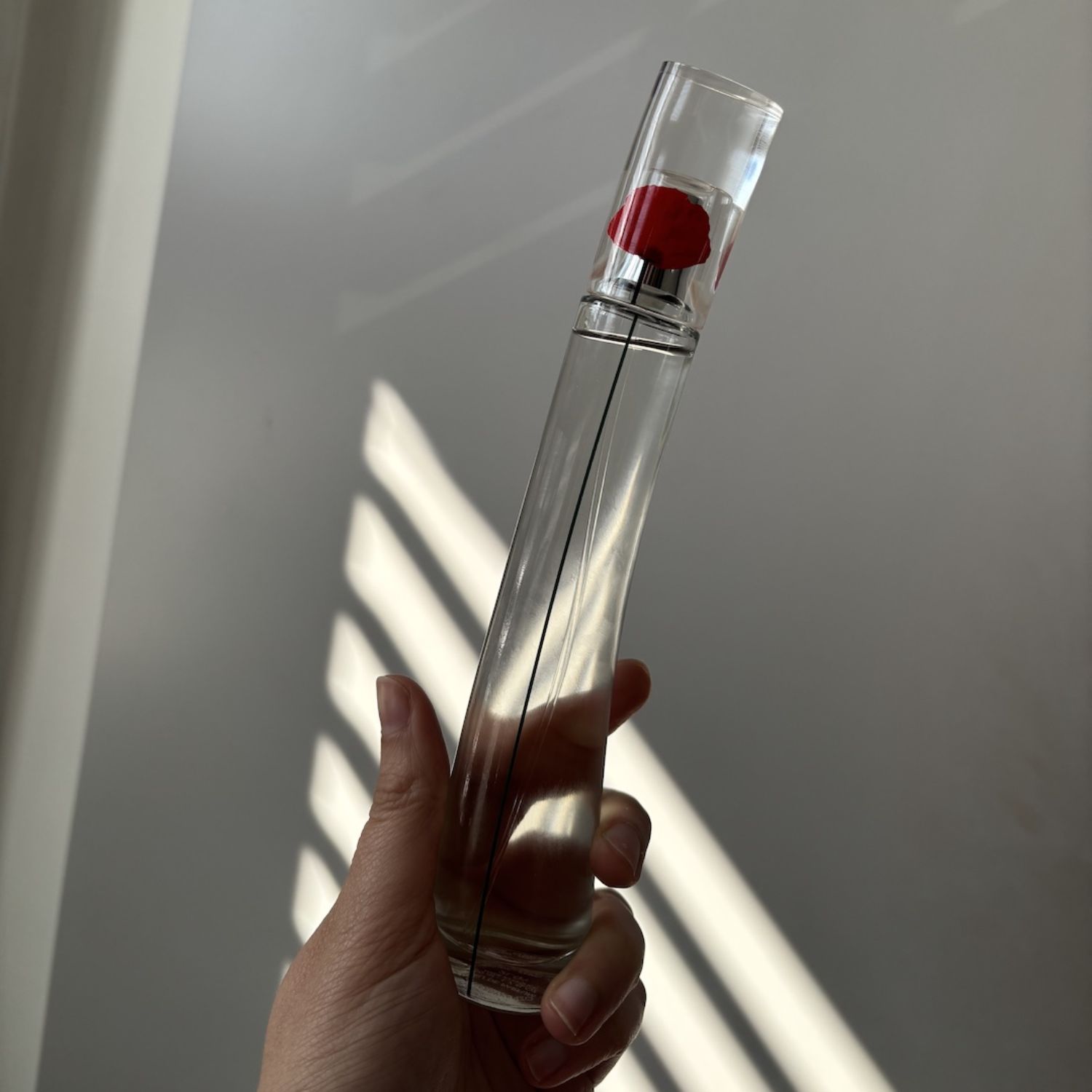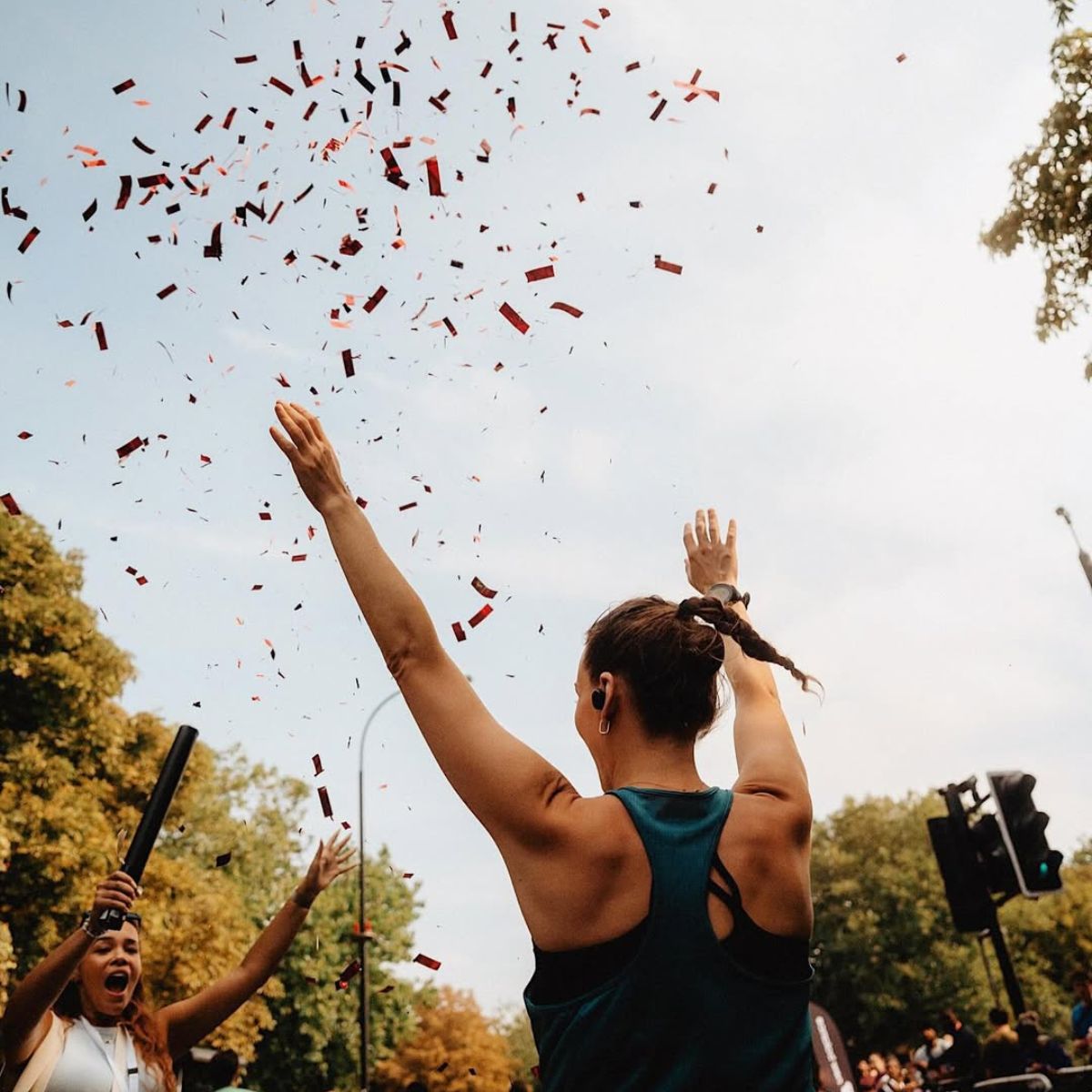'The day that I discovered I was a war rape baby’
During the Balkans war in the 90s, thousands of Bosnian women – like Lejla Damon’s mother – were held captive and raped in camps by Serbian soldiers. Here, she tells Louise Court about the day her adoptive British parents revealed the truth about her birth, and the journey to find the woman who gave her up
During the Balkans war in the 90s, thousands of Bosnian women – like Lejla Damon’s mother – were held captive and raped in camps by Serbian soldiers. Here, she tells Louise Court about the day her adoptive British parents revealed the truth about her birth, and the journey to find the woman who gave her up
I’ve only seen the news footage of me as a five-day-old baby once. That was enough. There’s a woman speaking to camera, she’s saying she can’t look at me as it reminds her of the men who raped her. Then she admits that if she holds me she will strangle me.
I was 19 and could see how distressed the woman was. Having a baby should have been one of the happiest moments of her life, but all I did was give her flashbacks of violence. I couldn’t really see her face, only her side profile, and could tell she was consumed by anger. But as I watched her, I knew I had to find her.
I had a wonderful childhood, growing up in Hungary, London and eventually Wales, with my adoptive parents, Sîan and Dan Damon. Dad is a journalist and Mum was a camera operator and they had worked abroad before settling back in the UK. I was seven when I first heard about my adoption, after coming home from school to tell Mum about a class discussion we’d had about what day of the week we’d all been born on. That was when she explained how I’d been adopted from a country called Bosnia, and that the lady who had given birth to me couldn’t look after me because of the war.
The revelation didn’t feel like a profound moment and, throughout the rest of my childhood, my parents revealed as much about my background as they could in an age-appropriate way. We even had a family holiday in Bosnia and they encouraged me to learn the language, although at the time I wasn’t interested.
It was only when I turned 18 and wanted to go on holiday to Bosnia with my then boyfriend that Mum and Dad knew it was time for me to hear the full story of my birth.
I remember sitting in our living room on the big blue sofa as they told me what my birth mother had endured. ‘Her name was Safa and she was raped in a concentration camp by Serbian soldiers,’ said Mum, who explained that they had been working in the country during the atrocities.
Marie Claire Newsletter
Celebrity news, beauty, fashion advice, and fascinating features, delivered straight to your inbox!
It was while they were conducting interviews in a hospital in Sarajevo that they had a tip-off about a woman who had been raped in one of the camps and had given birth on Christmas Day. A few days later, they saw me for the first time. I’d just been fed and was wrapped up in blankets, so only my face was visible. My birth mum was so traumatised, she was unable to care for me. That was the moment they filmed the news report, the one I finally watched 19 years later.
After leaving the hospital, my parents said they were so upset, they couldn’t stop thinking about me. They realised if they didn’t get me out of Bosnia, it was unlikely I would survive. My fate would have been a neglected life in an orphanage with staff struggling against impossible odds to take care of so many orphaned and abandoned children. Three days later, they made the decision to adopt me and, after speaking to Bosnian authorities and getting my birth mother’s approval, on 3 January 1993, they picked me up and named me after one of their Bosnian friends who had returned to Sarajevo to help distribute aid.
Thrilled, but also scared by their life-changing decision, my new parents smuggled me out of Bosnia in an armoured car through multiple armed checkpoints manned by aggressive guards with Kalashnikovs. Although they weren’t doing anything wrong -– they had all the correct paperwork – they were petrified a brutish or drunk soldier would make the situation difficult. Mum cuddled me in the back of the car, hidden under her coat, making excuses why she couldn’t get out of the vehicle during stops at checkpoints. Amazingly, I slept soundlessly through the journey until we reached the safety of Slovenia.
‘Growing up in the UK, I’m not reminded of my birth all the time, which would have been different if I had stayed in Sarajevo’
Years later, as we talked in the comfort of our home in Monmouth, Wales, they gave me a big file with all my papers inside. I’d already started researching the war and knew about the rape camps, but nothing prepared me for discovering I was the product of such a notorious place. I don’t recall becoming emotional when I heard this. Part of me couldn’t take it all in, and it’s taken me a long time to process my thoughts.
I finally knew my true identity and, although the truth was horrendous, it was an answer, even if it wasn’t the one I was hoping for. It felt less of a shock when I learned just how many women were raped. I later discovered that many children born in Bosnia between 1992 and 1995 probably had a similar story.
In 2011, a year after learning my birth story, I began studying at art school and befriended Hannah, a student filmmaker. We decided to make a documentary about my search for my birth mother Safa because I couldn’t stop wondering what had become of her. I’ve always felt loved and have never felt anger towards her. How could I? I only wanted to find her and make some kind of contact, to tell her I was alive and that I was OK. Hannah and I flew out to Bosnia and managed to find an English-speaking press officer for the maternity hospital where I was born. He showed us the room I was delivered in and said I should meet an English-speaking nurse who’d been working there at the time and who may know something about Safa.
The nurse’s reaction when we met was amazing. He was so happy; he kept staring at me. ‘You are the one who got away,’ he said. ‘Your parents are the most incredible people.’ I felt so proud. I didn’t find Safa on that trip, which was disappointing, but back home I received a letter from the Bosnian Embassy in London. I had written to them asking if they had any records of my birth mum or details of my birth. Deep down, I wasn’t expecting her to be alive, so I refused to get my hopes up and was shocked when I was sent her address and phone number.
Of course, I knew it wouldn’t be right to phone Safa out of the blue, so I decided to write and tell her about my life. Six weeks later, a letter arrived and I was almost too scared to open it. It was handwritten and three-quarters of a page long. Safa said she was so glad I had contacted her, that I was doing well, and that she loved me. We carried on writing for nearly three years. Sometimes months passed between letters, but eventually I asked if we could meet up.
In October 2017, with my parents by my side, I flew to Sarajevo. I was excited, but also incredibly nervous. I had no idea how any of us would react when we finally arrived at the block of flats where Safa lived. After I walked through the front door behind my parents, Safa hugged and kissed me. Our reunion was incredibly intense; I met my younger half-sister, Dzejlana, who was born after the war, and also Safa’s sister, my aunt, Fatima. Mum had brought photos of me growing up for Safa to keep, and we were there for four hours talking about my life.
Safa was 57 years old when we finally met and she has Parkinson’s and epilepsy, but despite her poor health, the strength of this woman left a lasting impression on me. She might not be well physically or emotionally, but she’s kept going and possessed the strength to see me. Before travelling to Sarajevo we took advice from a psychiatrist with experience of victims of rape in warfare, who said we should let Safa lead the conversation. Safa is amazing, an inspiration and role model and even though we couldn’t talk in the same language, my friend Ajna Jusić was there helping with translation.
I met Ajna through War Child [a charity for children affected by war] and she is president of The Forgotten Children of War Association. She too was born out of rape in warfare. There are so many of us – tens of thousands of women were raped, and lots of children have had to grow up feeling unwanted and carrying a terrible stigma. Many children were abandoned, not knowing their mother or father, and have become marginalised from society.
That’s why in 2012, I was driven to set up the Children Born of War Foundation [currently a national organisation operating in Bosnia promoting the needs and rights of children born of war, mainly post conflict], and although my normal day job is working in sales for a food company, I also speak at events for War Child. Growing up in the UK has helped me deal with the circumstances of my birth. I’ve been able to keep it at a physical and mental distance. I’m not reminded of my birth all the time, which would have been very different if I had stayed in Sarajevo.
After everything she has endured, Safa’s courage inspires me every day. We’ve kept in touch by letter and I write to my half-sister, too. I have never thought about my biological father. I am the product of rape, but I’ve been given an opportunity and now I want to be part of the change. Rape in warfare didn’t just happen in Bosnia, it takes place in every conflict, and we have to put an end to it.’
Lejla will be speaking at the Preventing Sexual Violence in Conflict Initiative (PSVI) international conference to be held in November in London. SEMA is a new international organisation for survivors and victims of sexual violence in conflict, bringing together women like Safa to help them find justice and support, mukwegefoundation.org/sema
The leading destination for fashion, beauty, shopping and finger-on-the-pulse views on the latest issues. Marie Claire's travel content helps you delight in discovering new destinations around the globe, offering a unique – and sometimes unchartered – travel experience. From new hotel openings to the destinations tipped to take over our travel calendars, this iconic name has it covered.
-
 Princess Kate has started a new tradition with Prince Louis’ birthday portrait
Princess Kate has started a new tradition with Prince Louis’ birthday portraitBy Jenny Proudfoot
-
 As a perfume-obsessed beauty editor, I can’t believe it’s taken me 25 years to try this classic Y2K scent
As a perfume-obsessed beauty editor, I can’t believe it’s taken me 25 years to try this classic Y2K scentIt was worth the wait
By Mica Ricketts
-
 I'm a 9x marathoner who likes looking and feeling their best. Enter: the functional but fashionable race day outfits I swear by
I'm a 9x marathoner who likes looking and feeling their best. Enter: the functional but fashionable race day outfits I swear byThese outfit formulas almost guarantee you a PB.
By Ally Head